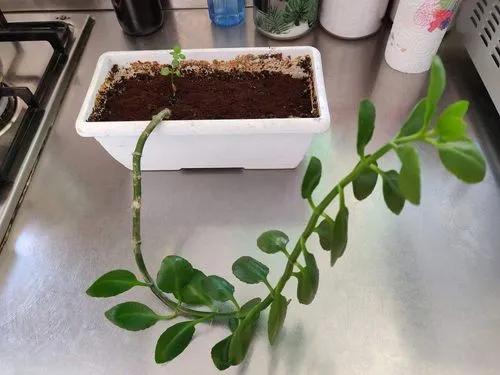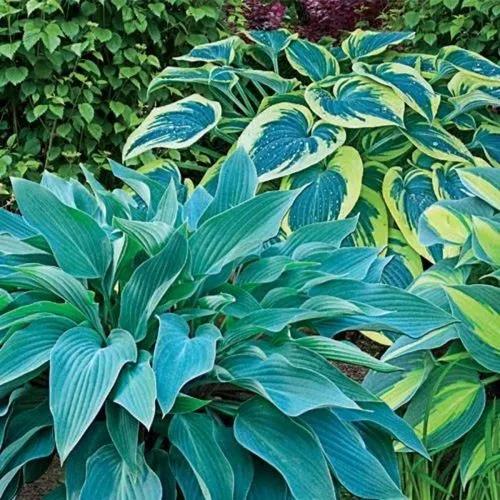Peperomia 'Obtipan Bicolor' is the brother of the Peperomia Obtipan. They are different regarding to the colour of the plants. Peperomia obtipan is striking because of the variegated colour of the leaf. This plant is a compact and is easy to grow.
Peperomia obtipan bicolor Care
Peperomia 'Obtipan Bicolor'



The name peperomia may not roll off the tongue, but you could get lost in this wonderful genus of tropical plants: There are more than 1,000 known species, all with thick, fleshy leaves that contribute to their drought tolerance and vigor. If you haven't experienced much luck with flowering houseplants, you will appreciate that the peperomia sports foliage that is highly ornamental in its own right. Leaves may be textured or smooth; red, green, gray, or purple; variegated, marbled, or solid; large, heart-shaped, or tiny. Plants throughout the Peperomia genus may look so different from one to the next that it's difficult to discern if they are even related. But one thing all peperomia plants have in common is that they are slow-growing and low maintenance.
How to Care for the Plant

Water

The succulent leaves of peperomia plants indicate that the plants don't need frequent watering to maintain vigor. Allow the surface of the soil to dry out between waterings. Keeping the peperomia on the dry side is better than saturating it, which leads to root rot and fungus gnat problems.

Fertilizer

Fertilize occasionally with a balanced houseplant food after watering. Leach the plant in summer by flushing with water to remove the salts left behind by fertilization.

Sunlight

Peperomia plants need a medium to bright light to maintain their vibrant foliage colors. Morning light and filtered light is fine, as well as 12 to 16 hours of artificial light. Insufficient light will result in fewer leaves, leaf drop, and drab coloration.

Soil

Many peperomia species grow as epiphytes in the wild. Choose soil that mimics these conditions—chunky, loose, and acidic. An orchid potting medium works well. Regular potting soil is fine too; you can always lighten it with a handful of peat moss or vermiculite.

Temperature

As tropical plants, peperomias like it warm and steamy, especially in the summer months when growth is most active. They cannot be exposed to temperatures less than 30°F.

Container

Choose any type of container with enough drainage holes.

Popularity

129 people already have this plant 26 people have added this plant to their wishlists
Discover more plants with the list below
Popular articles






